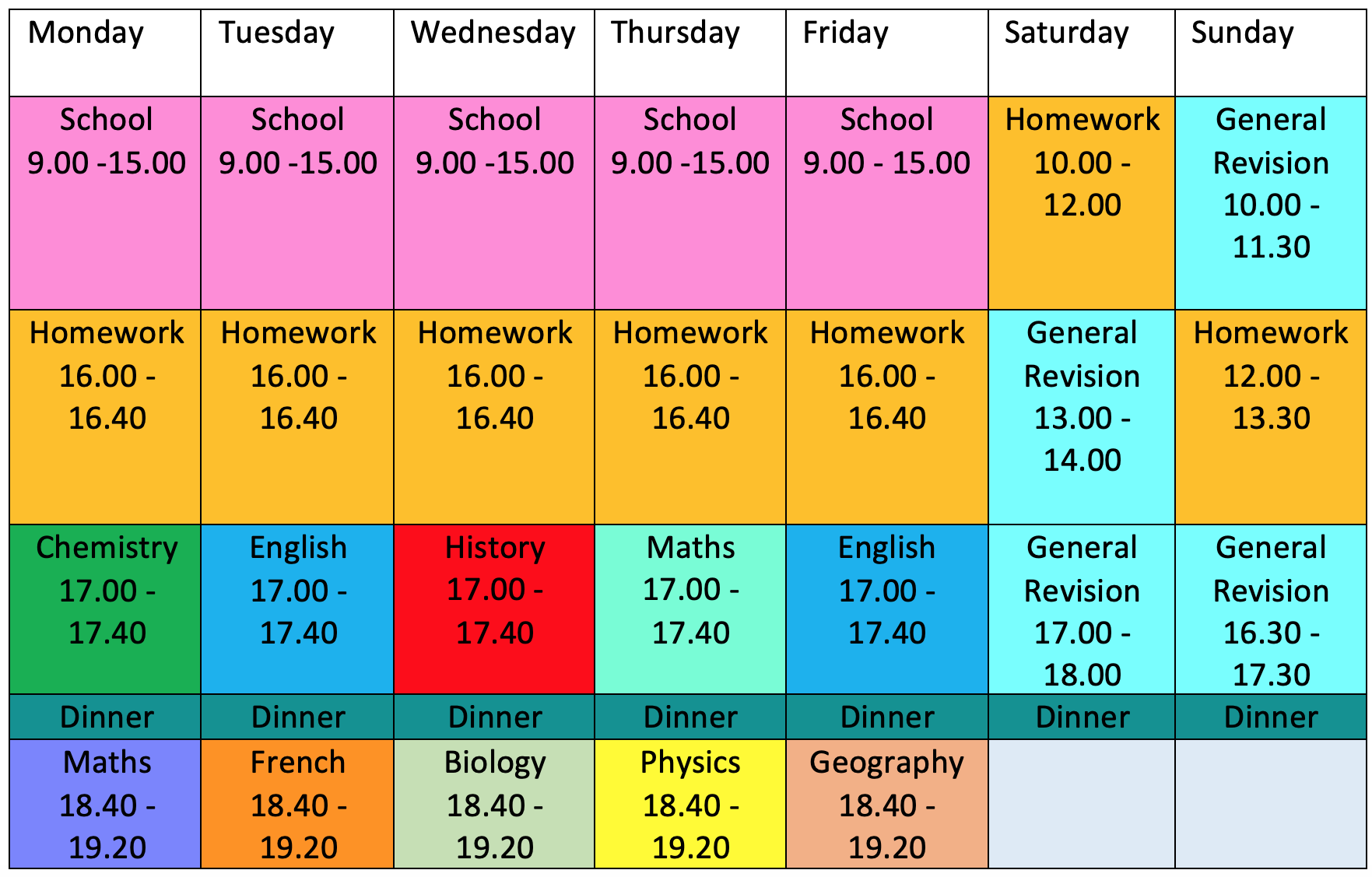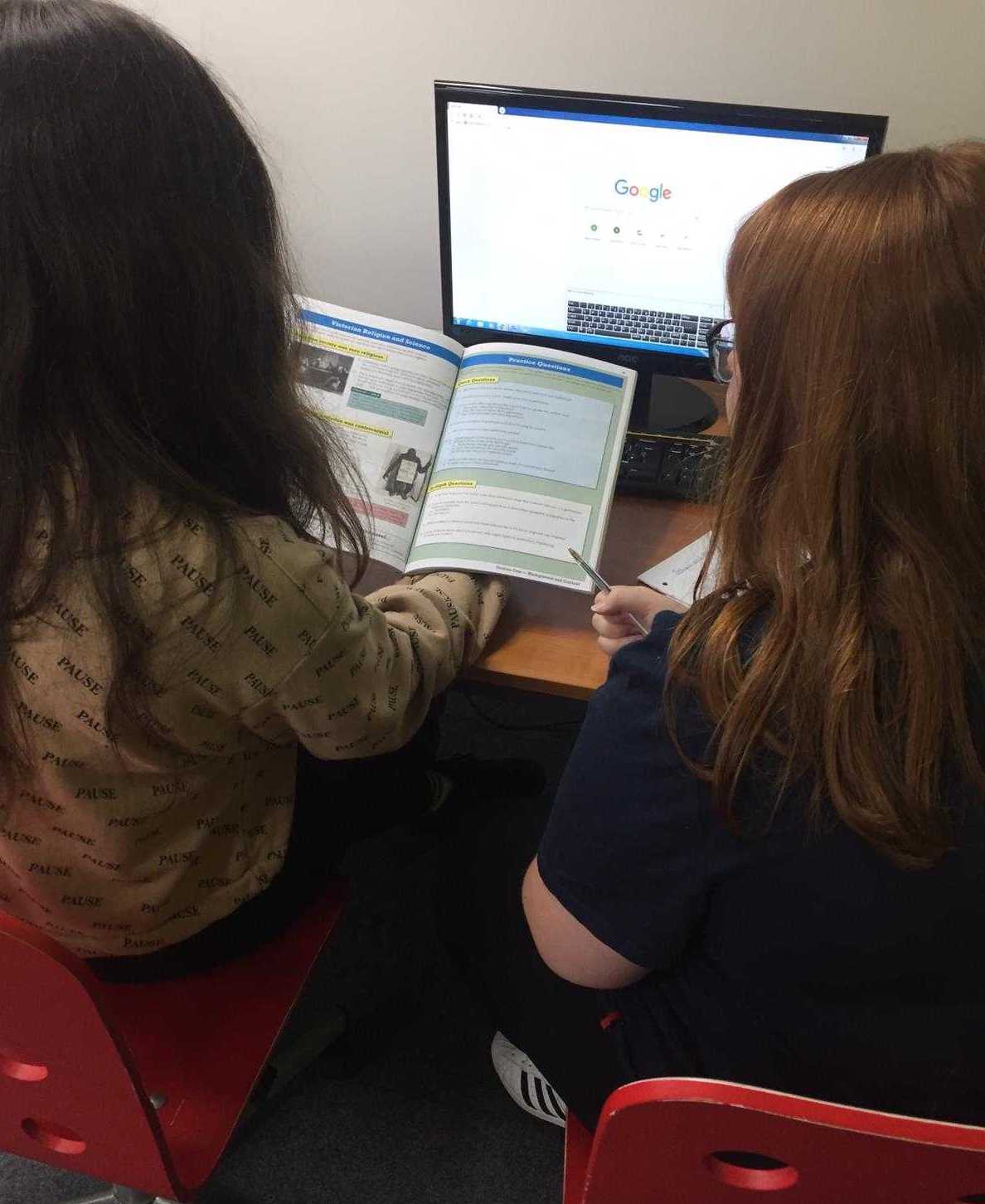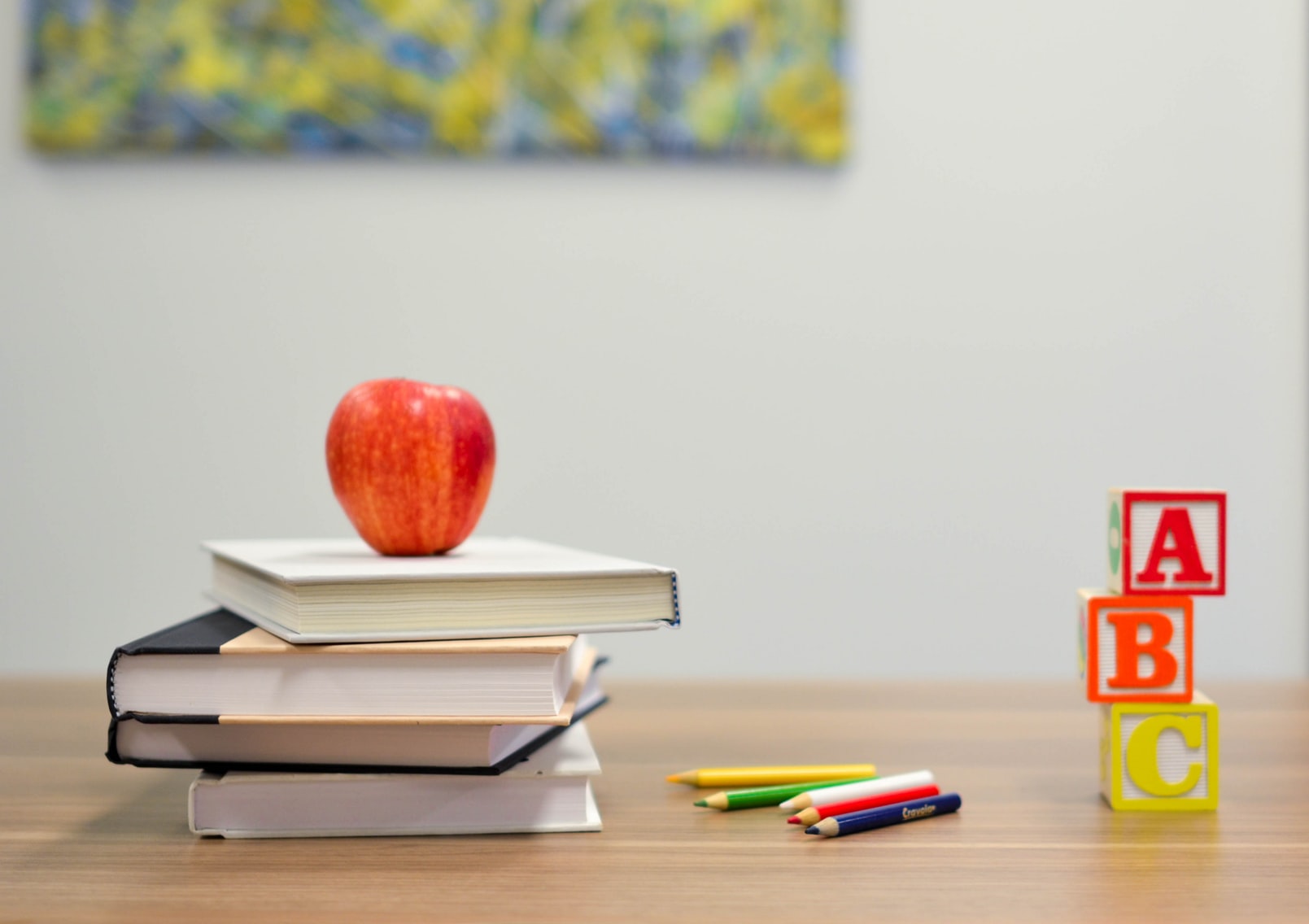GCSE Revision Schedule

For students in year 11, GCSEs are the most challenging year in your life so far. Time management and creating a GCSE revision schedule is encouraged if you want to be on track to hit those predicted grades.
Follow these top tips to make this year that little bit easier for you and manage your time effectively:
Key Dates
Note down all key dates, for exams, mocks, deadlines, and so on. This way, you are prepared for everything in advance and can plan and organise your time around these important academic dates. There may be quite a few dates, so colour coding can help to organise them. For example, mocks can be in one colour, and exams in another, to differentiate.
Create a poster
Posters are a visual way of displaying important information, from key dates to revision notes. You can purchase A3 paper and display it in a large poster format somewhere visible, like the kitchen or on a bedroom wall, where you will regularly see them. For a revision poster, you can choose which topics and modules you’re going to study and stick to it, so that it’s easier to break down each subject. Leave blank time-slots on the timetable to go back to any topics that were difficult, or for testing yourself and going through what you’ve learnt.
Managing time
Decide how you are going to divide your revision time between subjects. You can choose which subjects require more attention, if necessary, or divide time equally. Make a list of strong topics and weaker topics, then decide how much time to dedicate for each one, and prioritise the more difficult subjects. Also consider how much material there is to learn for each subject, whether the subjects are essay-based and take longer writing out, and how progress is from feedback and recent test results.
Study space
Find a place that you concentrate best, and stick to completing your homework and revision here. Whether it’s the library or home, or maybe even a coffee shop, different people learn in different ways. You may find you prefer a busy or quiet environment, so find which way works best for you and stick to it.
Additional tuition
If there are certain areas that you are struggling with, perhaps consider attending after school tuition. StudyBox provides 1-1 support in GCSE maths, English and science. We have friendly tutors who are willing to help you to achieve your predicted grades!
To make your GCSE revision schedule a little more manageable, book a lesson with StudyBox today on 02086428884. Alternatively, sign up here for a free trial!
Adjusting from primary to secondary school

Starting secondary school is a milestone in every child’s life. It signifies the path into adolescence and taking on more responsibilities. Adjusting from primary to secondary school can be daunting, as there are many large changes that a child undergoes. For example, they go from being the oldest to the youngest year group in school.
The major changes that children will adjust to are:
-
Larger classes
Secondary schools usually accommodate many more students than primary schools do. The average secondary school has 948 students, and primary schools 281. Therefore, the class sizes in secondary schools tend to be larger. Additionally, there are multiple, subject-specific teachers in secondary school. This can be daunting for new Year 7 students who are used to one teacher for every subject, especially those coming from smaller schools.
-
New Students
While there may be some familiar faces, there are hundreds of new students joining secondary school who will be unfamiliar. Making friends may be intimidating at first, with different students in every class, unlike primary school with one class throughout the whole time at school. Once students settle in and adapt to the changes, making friends should become easier.
-
Syllabus
The subjects will now become harder, moving up from Key Stage 2 to Key Stage 3. There will be more content, as well as tests and mocks to revise for. The reading and homework will also be more demanding.
-
Structure
Secondary school requires organisation in order to meet deadlines, therefore students will learn to be more independent when adapting to this change. Students will have multiple books and textbooks for each subject, and will need to pack their school bag daily for the following day.
How can students successfully adapt to these changes?
-
Organisation
In order to make the transition smooth, being organised is vital. This includes packing a school bag the night before, knowing key academic dates and staying on top of the work load.
-
Routine
Establishing a daily routine will allow students to structure their day, as well as gain time management skills. Setting a time for completing homework, a time for bed and a time for relaxation, will make staying on top of everything stress-free.
-
Planning ahead:
There will be many important dates to remember, so why not purchase a planner or calendar to ensure they are all recorded and not forgotten? Alternatively, make a poster or timetable and display it somewhere visible, like the kitchen or bedroom.
-
Stay up-to-date
The new academic year is a fresh start, so stay on top of the workload early on, to avoid falling behind. Do homework as soon as it is set, and complete additional learning exercises if possible! This will reduce stress and improve organisation.
-
Teachers and classmates
Get to know teachers and classmates in each subject. If additional help in certain areas is needed, it may be useful to find a study buddy to complete work with, or ask the teacher support. Sometimes teachers run after-school clubs in their subject areas, so find out the times and dates to attend, for that extra boost.
-
After-school tuition
If adjusting to the new secondary school workload is proving challenging, consider attending after-school tuition to stay on top and excel in school. StudyBox Tuition provides personalised lessons to students in maths, English and science, helping with confidence and tough subject areas.
To make adjusting from primary to secondary school that little bit easier, book a lesson with StudyBox today on 02086428884. Alternatively, sign up here for a free trial!
How to give your child an extra boost with learning

A child’s most important role model and teacher is their parent. A parent takes on board many job roles, asides from providing for their child, they are also responsible for educating and eventually preparing their child for the real world. In order for parents to give their child an extra boost with learning, it is important that they are well acquainted with their child’s timetable, in order to support them academically throughout their time at school.
Follow these tips on how to keep up-to-date with your child’s learning:
-
Monitor progress
Stay in the loop with your child’s progress at school. This will allow you to support them in difficult subject areas and encourage them with subjects they are progressing in. Ask them what went well with their day and what they are finding more challenging. Follow up on this by giving them an extra boost when needed and rewarding progress.
-
Stay connected
Stay connected with your child’s school by getting to know their teachers and going to all parent-teacher conferences. Ask the school what you can do to help your child if they are struggling in any areas. Attending every parents evening will further keep you up to date, through discussing progress between the parents, teacher and child. Checking regular report cards will give an indication as to where your child is academically, based on mock exams and in-class tests.
-
Keep up to date
Knowing their timetable and upcoming tests and exam dates is necessary for monitoring progress. This will ensure your child stays on top of revision and fully prepares for important exams.
-
After school assistance
Helping your child prepare for exams is necessary for giving them that extra boost in school. Statistics show that you are 50 percent more likely to remember something you’re revising by saying it aloud. Perhaps try reciting the material together and testing your child on the syllabus through a question and answer format. Help with homework and ensure this is completed by the deadline. Also encourage extra-curricular activity, like leisurely reading, online educational activities and sports.
-
Arrange additional help if needed
Being a parent is a full-time job; sometimes it is difficult to find the time to support your child whilst balancing everything else. Attending after-school tuition will establish a routine in a learning environment and free more time in a busy parent’s schedule, in order to give your child an extra boost with learning. StudyBox Tuition provides one-to-one support in maths, English and science, tailoring lessons to the individual and building skills and confidence.
StudyBox has centres in Croydon, Sutton and Wallington, with two new centres opening soon in Epsom and Battersea. You can book a free trial here. Alternatively, call one of our centres to find out more, on: 02086428884.
The importance of reading for pleasure

The importance of reading for pleasure should be implemented from a young age. Reading has numerous benefits to health, concentration and learning.
Last week celebrated #NationalReadaBookDay and #InternationalLiteracyDay. It certainly honoured the importance of reading.
Here’s why you should encourage your child to read for pleasure:
-
Studies show that reading makes a difference to educational performance
Reading expands vocabulary and increases general knowledge. Not to mention developing language and communication skills which are useful for life.
-
Reading inspires imagination and creativity
When we read, we gain an insight into another fictional world. We follow the author’s thoughts and we use our own imagination to interpret characters and other worlds. It allows us to expand on our creativity and gain inspiration from other’s ideas.
-
Reading improves empathy
A study called “Mind the Eyes,” by Dr. Oatley and Dr. Mar, found that people who read fiction are able to empathise with others more effectively. The study consisted of participants reading fiction and non-fiction, then examining a collection of photographs of people’s eyes. The aim was to identify the expression of each pair of eyes from a short list, including shy, guilty and worried. Those who read fiction were able to more accurately identify the expressions over the non-fiction readers.
-
Reading improves focus and concentration
Reading involves the use of several brain functions, improving the brain’s connectivity. We are able to stop, think and process the story all at once. It is a form of escapism, allowing us to switch off and focus solely on one thing.
-
It reduces anxiety and stress
A study from the University of Sussex found that six minutes of reading reduces stress by 68%, being more relaxing than listening to music or having a cup of tea. This is because reading is more than a distraction, Dr. David Lewis states that it is ‘an active engaging of the imagination.’
The importance of reading for pleasure links to educational benefits, creativity and stress-reduction. If your child needs extra support in English, encouraging reading for pleasure will help with vocabulary, concentration and focus, to name but a few. Additionally, StudyBox offer one-to-one support with maths, English and science tuition.
Book your free trial here. Alternatively, call one of our centres in Croydon, Sutton or Wallington on: 02086428884.
Start off the year right

The academic year is upon us once again; it is important to start off the year right. The new syllabus is more challenging, so it is important to stay on top of the workload early on. It can be difficult for both children and parents to adapt to routine and get back into learning mode.
Follow these top tips on how to start off the year right.
-
Encourage reading for pleasure.
Find a genre your child enjoys and help them choose a book. Set aside twenty minutes before bed to wind down from a busy day and read.
-
Establish a routine.
Routine helps with organisation and time management. It starts from the minute your child wakes up until they go to bed. Set a time for breakfast, encourage them to pack their schoolbag the night before, a time for doing homework and for dinner. Once a routine is in place, days will be structured and tasks will be complete. Perhaps make a timetable and put it on display somewhere visible, as a reminder.
-
Help determine your child’s plans and goals.
Setting goals early on will ensure time for reaching these goals. Whether it’s achieving top marks in mock exams, staying on top of the workload or improving on difficult areas, it will take time and dedication. That’s why setting goals is a step closer to achieving them.
-
Create a working environment.
Dedicate an area for studying and completing school work, either at the kitchen table or in the study. Ensure this space is quiet and equipped with relevant supplies like stationary and paper. If there’s nowhere quiet in the house, find a local library or café to complete work.
-
Try something new.
A break from academia is important for de-stressing, so find what your child is passionate about. Whether it’s drawing, sports or music, encourage them to pursue an extra-curricular activity.
-
Attend additional tuition.
If your child is struggling in certain areas or needs an extra push, why not try additional tuition? StudyBox is a tuition company that offers one-to-one support in maths, English and science. Be one step closer to excelling in exams with StudyBox.
If you want to get a head start in September, sign up for StudyBox today! Book your free trial here. Alternatively, call one of our centres in Croydon, Sutton or Wallington on: 02086428884.
